Having a job as a professional hockey player has its ups and downs. The highs can be extremely rewarding, but the lows can be demoralisingly low.
For example, when your job is under threat and has no long term stability, or perhaps the uncertainty of not coming home with a guaranteed wage.
Who can professional ice hockey players go to for support and advice? As it stands today the answer is no-one apart from the owners.
They sometimes need to beg for the terms that have already been promised to them and this initial discussion can be a daunting task.
In the NHL, there’s the NHLPA who regularly talk with the league in relation to player safety and conduct. They stick up for the rights of up-and-coming, current and retired players.
The NHLPA deals with things such as regulating business practices around the league, enforcing late or missed payments, ensuring flights and visas are executed properly, rule change suggestions, contract disputes, injury compensation and also fights for shared revenues for all players.
Following my initial research, there seems to be no governing body to protect the players’ interests in Britain.
I believe there needs to be a players’ association or union who can represent players past and present.
The business is very cut throat which I accept, but if I’m treated fairly, with respect and within the lines of a contract I can handle that.
Unfortunately, it’s far too easy for owners to cut jobs in an instant. Wages can disappear into thin air and any sign of legal employment laws fail to exist.
As a player I would like a contract that is legally binding. Too many contracts in hockey are used as ‘toilet paper’.
Ice hockey in Britain is now a million-pound industry. Is it not right that its employees should be treated fairly?
A lot of players, myself included, don’t really know the full terms and conditions of their contract and that’s not always down to the fact they haven’t read them. In some cases, they’ve never had access to them.
Last month a team in Italy owed their players €170,000 in wages. In my opinion, that’s just criminal.
If that was to happen in Britain, I would like to hope there would be a union to help support the players through this situation. Ultimately, there has to be a responsibility on an owner to respect and pay what is agreed at the start of a season.
Unfortunately, players believe that if they were to go to a team with legal representation, they would be seen as a problem and a team would likely avoid any future contact.
However, when faced with dealing with contracts, I think players can feel pressured into signing in certain situations without knowing the terms and their own rights.
Having said this, the British game is getting a better reputation for players to come and be treated well. The popularity is growing and crowds are on the rise.
Imagine if there was a players’ association to look after players. The league would look a much more attractive proposition knowing you’ve got someone to fight for your rights.
I believe back in the BNL days there was a person taking on that role. I only have admiration towards whoever it was who gave up their time to try and fight for players when they were treated unfairly.
I’d happily pay a part of my wage, as would many other players, to be represented in that way. Unfortunately, I can’t see this being set up anytime soon.
When I was in employment in another industry, l was automatically put into a union with the option to opt out if I wished.
I believe this is an extremely good idea to promote fairness, sustainability and security in a workplace.
Another frustration in this industry is seeing players laid off when they’re injured. To give some clubs their due, they pay the remainder of the contact, but this isn’t always the case.
In some rather unsettling cases, if a player gets injured, they’re on their own.
A further question that I believe needs answering is why do players in Britain not get or receive any pension?
According to the gov.uk website your employer must automatically enrol you into a pension scheme and make contributions to your pension if you’re aged between 22 and State Pension age, earn at least £10,000 per year and work in the UK.
To the best of my knowledge I don’t believe any players are signed up to this. This is yet another area a players’ union could assist and make a positive impact to playing in Britain.
I believe if a players’ union were to exist, every team should have its own representative who could put forward any issues.
One of the main reasons for a union is that the players put their bodies on the line every game, to play for the shirt and the people in the stands.
Fans may see it as a glorious, rewarding job, which it certainly can be, but the representation, security and pay is unfortunately not the same as other sports in this country.
I would greatly appreciate an organisation which fought for the rights of players past and present, especially any retired player that has issues mentally as a result of playing hockey.
If you’ve seen the movie ‘Concussion’ then you’ll understand the problems that can happen after a hockey career ends.
A players’ union could take on any daunting challenges that players may face.
(Image permission: Al Goold Photo)

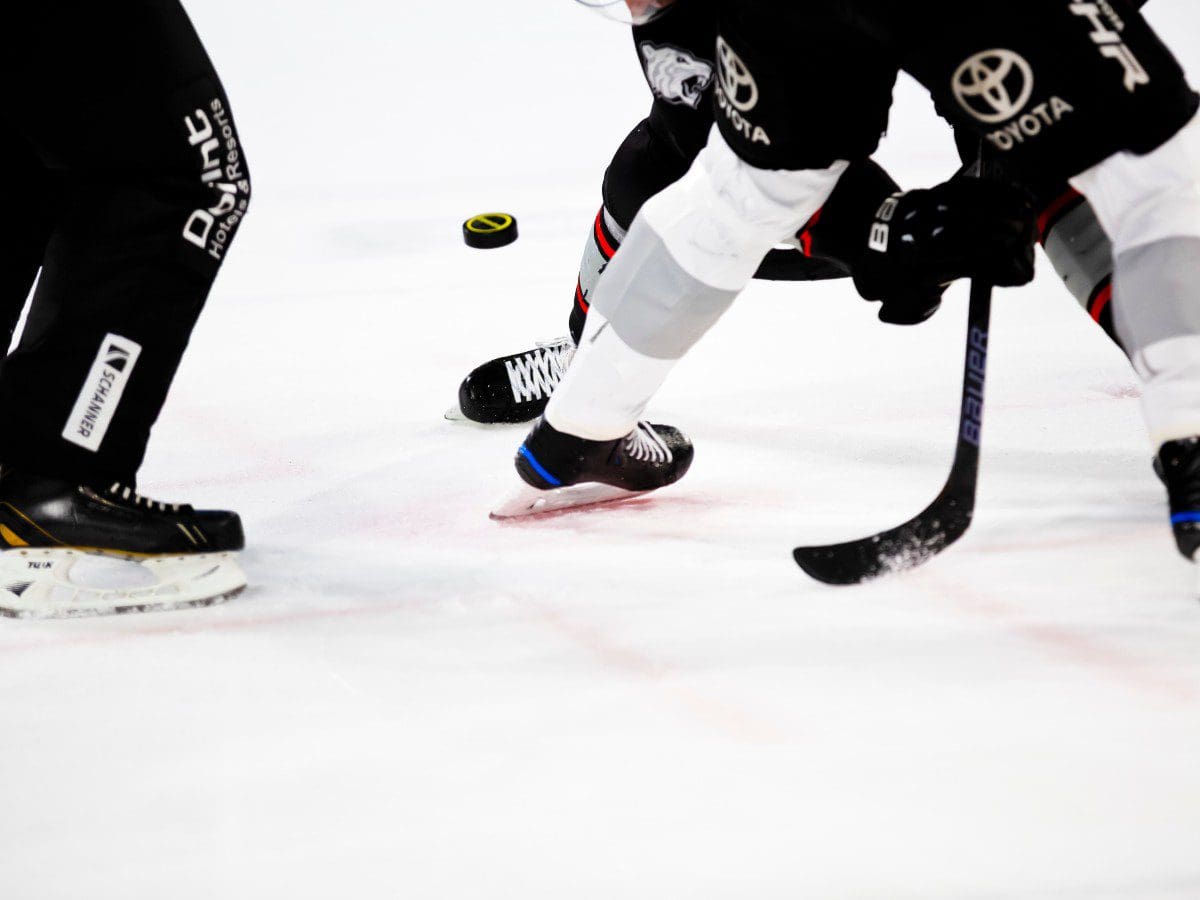
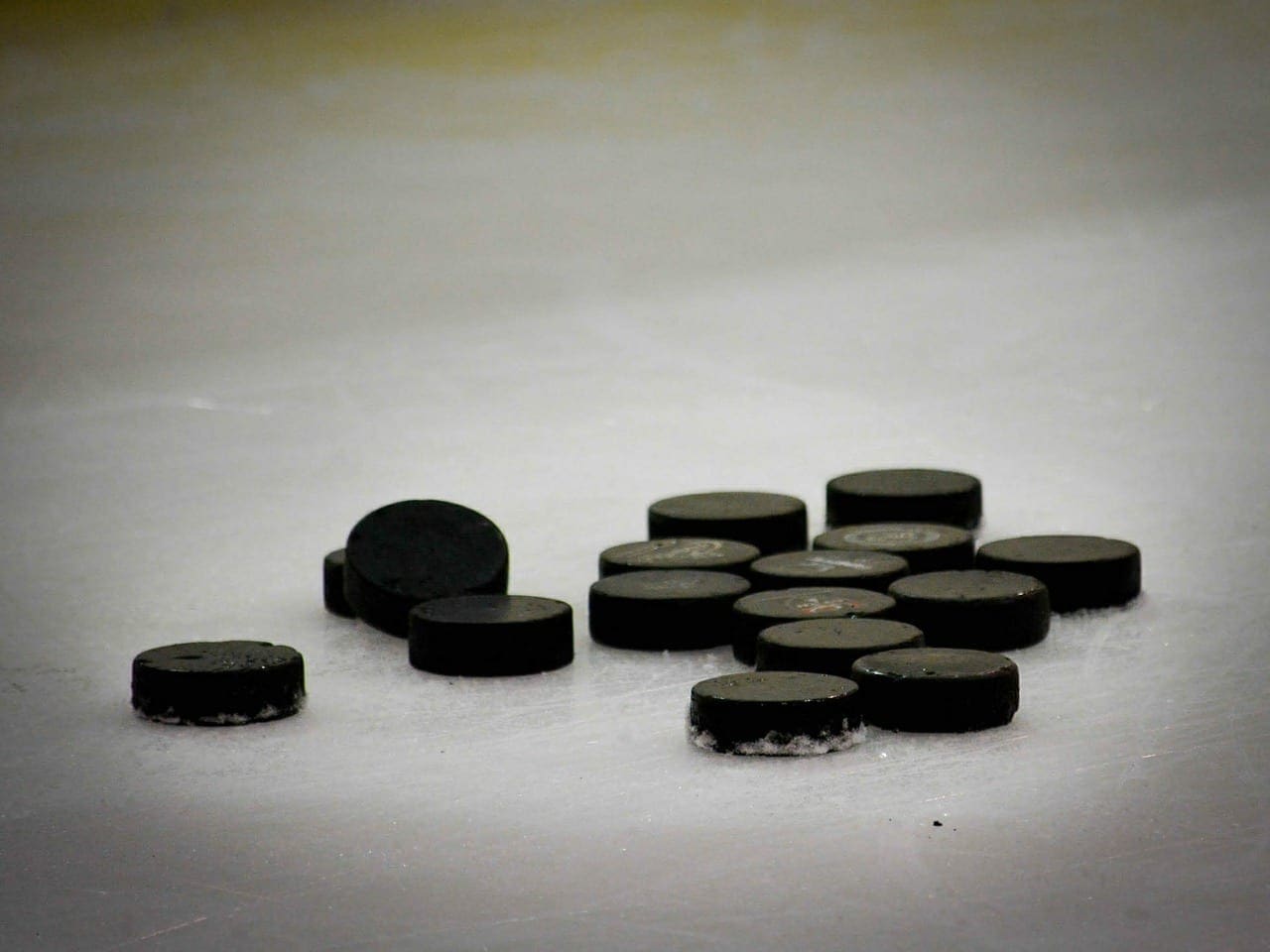
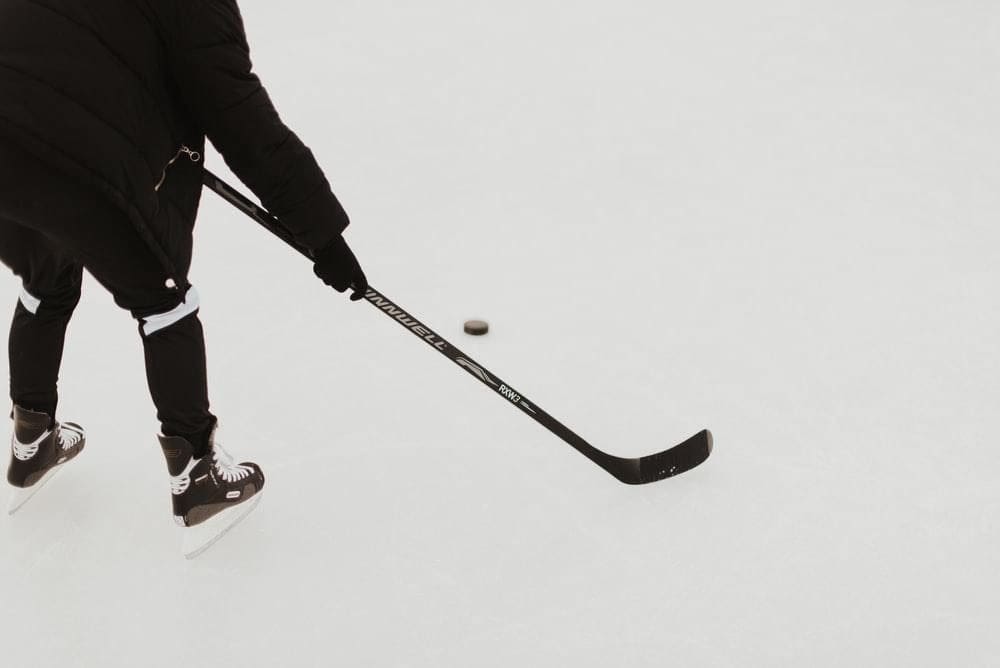
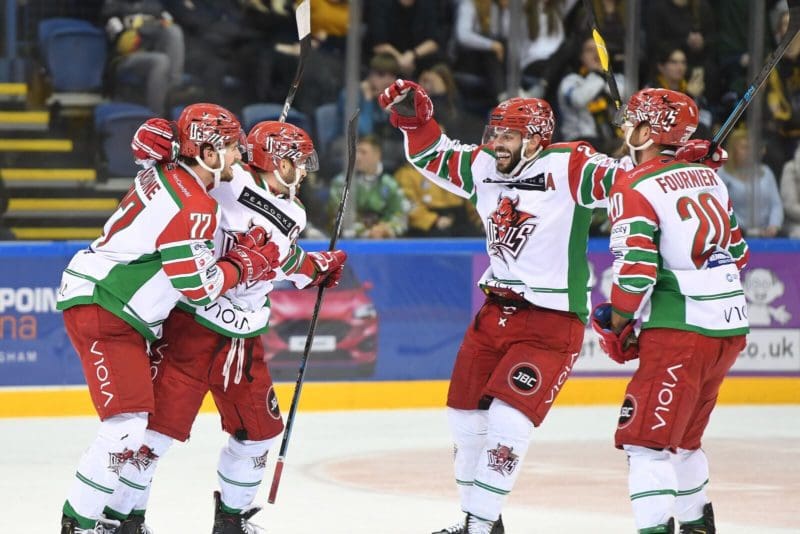
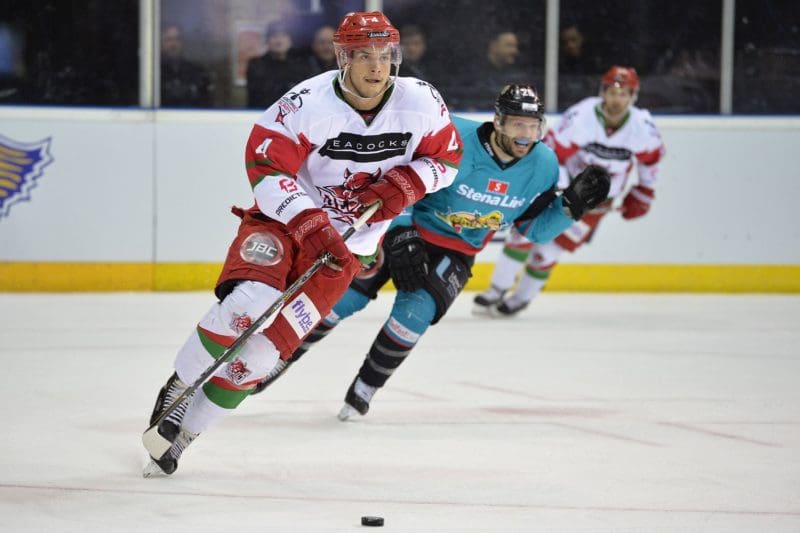
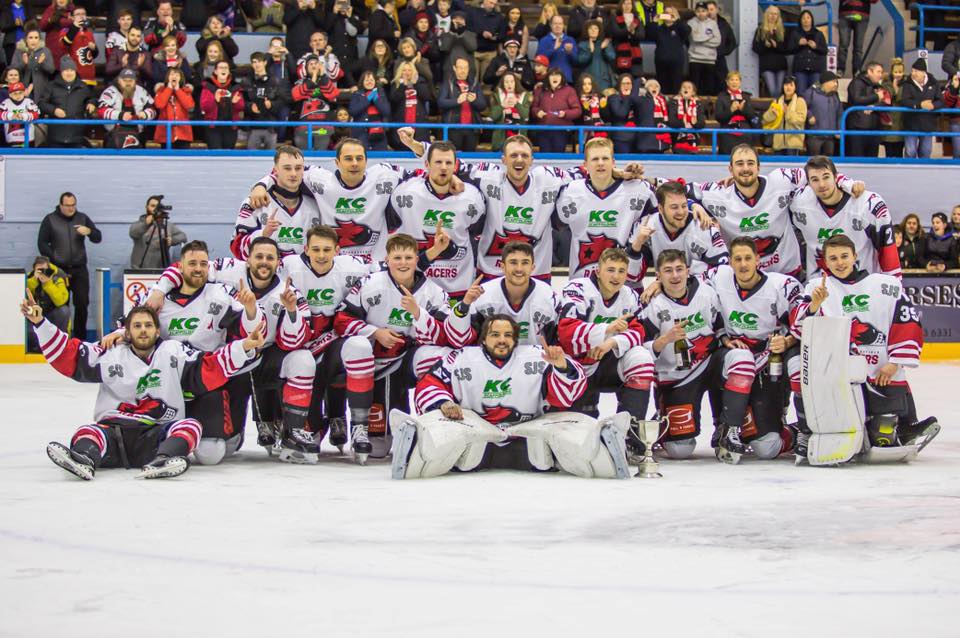
Jo Collins
10th March 2016 at 8:12 am
I was that person who ran the IHPA(GB) from 1993 to 2005 in the days of the ISL then Elite\BNL still a few guys playing who may remember me The Union did cover all you talk àbout and more plus we had links to NHLPA & PHPA & EUROPE if you want to know more ànd why it folded ask Scott Neil at Edinburgh or Todd KElman at Cardiff for mmy contacts KR JC
Matt whaley
10th March 2016 at 8:02 pm
As a long time Ice hockey/Sheffield Steelers fan and trade union lay official used to helping unorganised workers to sort themselves out with representational structures , I’d be happy to talk to Gary about what he and the other players could do.
Richard Hardy
14th March 2016 at 1:01 pm
Gary’s well written blog raises a number of very important questions. In a multi-million pound industry it shouldn’t be beyond the ability of the league and the clubs owners to apply some basic standards to ensure that in the race for success players conditions aren’t subject to a race to the bottom. In the UK a lot of professional sportsmen have formed unions, most notably the Professional Footballers Association (PFA) and the Professional Cricketers Association (PCA). However setting up a union is awfully difficult and there are many legal hurdles to surmount, so others involved in sport have joined existing unions and tapped into the help and expertise that already exists there. For example Rugby league players formed their association within the GMB. Football referees in both England and Scotland and cricket umpires in England are members of the union Prospect (here I should perhaps declare an interest in that I work for Prospect as a Negotiations Officer), and we have been able to help them with a number of issues both collectively and individually. Joining a union that already exists rather than creating one from scratch means that players (and perhaps on ice officials) would have instant access to legal advice and information plus representation in the workplace, and if enough people joined it’s likely that the Union would be able to take forward issues collectively with the league or with team owners, much as the NHLPA does in the US, it also means that the administration side of things is already taken care of. In the UK I would suggest that this is a better approach than trying to create a players union from scratch If there are players or officals out there who are interested then feel free to contact me ( Richard.hardy@prospect.org.uk) or Prospect through our website http://www.prospect.org.uk